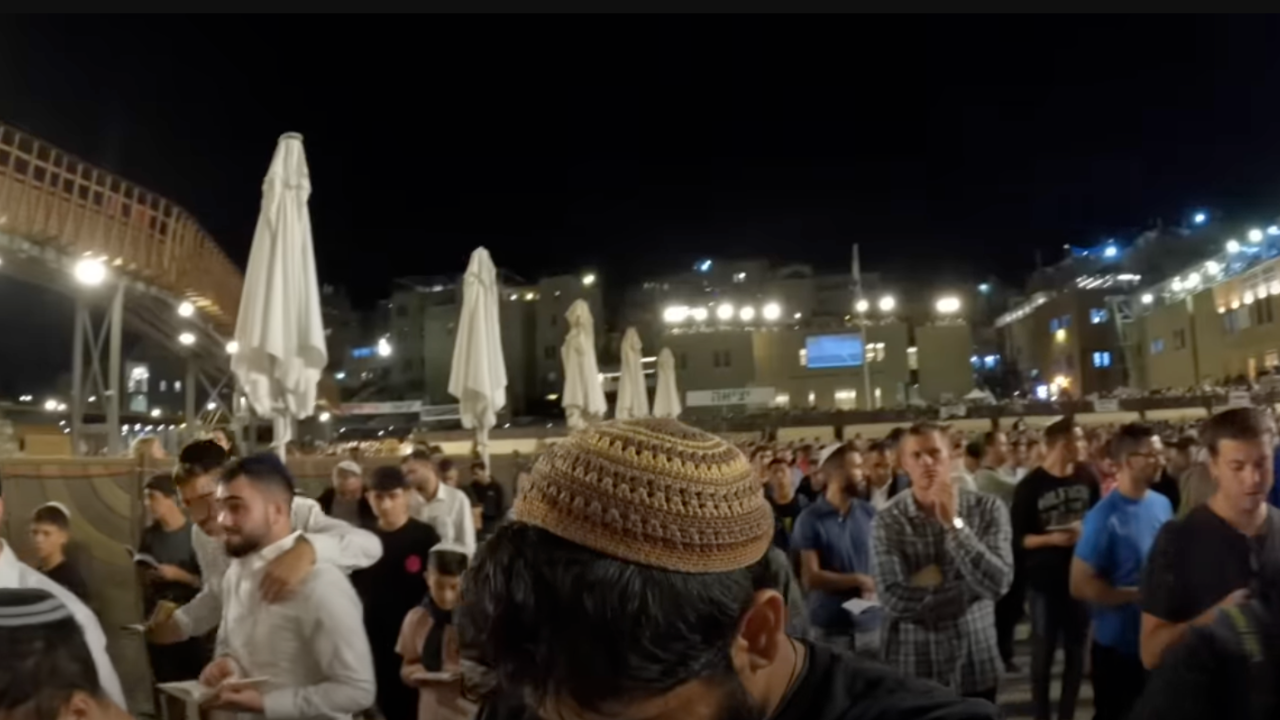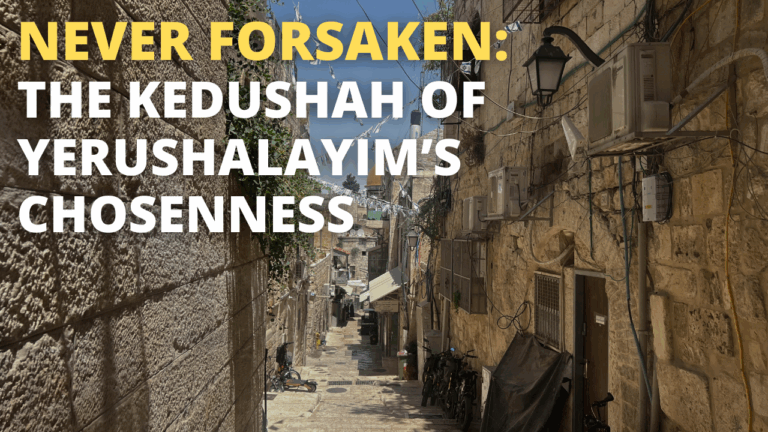The Daughters of Israel are Beautiful, All of Israel are Princes
Last week, we discussed the miraculous redemption of Rebbe Yishmael ben Elisha. After rescuing the grandson of Rebbe Yishamel Kohen Gadol from Rome, Rebbe Yehoshua sent him back to Eretz Yisrael to study Torah with his trusted chavruta and dear colleague, Rebbe Eliezer ben Hurknus. Rebbe Yishmael quickly rose to become one of the greatest sages of the generation, alongside his famous colleague Rebbe Akiva.
This redeemed spark of the Tiferet Yerushalayim contributed to Torah and Klal Yisrael in infinite ways, but one particular attribute stands out. The Mishna in Nedarim (9:10) tells us that there was once a man whose family wanted him to marry his niece (a common practice in Mishnaic times). He found her ugly, and pronounced a vow that he would not derive any benefit from her. The girl’s family brought her to the house of Rebbe Yishmael, where she was made beautiful with clothing, jewelry, and ornaments. Rebbe Yishamel personally brought the now beautified maiden to her uncle and asked if he pronounced a vow regarding such a woman. Astounded, the man acknowledged that he would never have made the vow if he would have known. The Mishna recounts that Rebbe Yishmael started crying, “the daughters of Israel are beautiful, but poverty mars them.” When Rebbe Yishmael died, the women of Klal Yisrael mourned the holy tzaddik who always believed in their beauty, “Daughters of Israel, cry over Rebbe Yishmael!”
According to many commentators, Rebbe Yishmael doesn’t only think that Bnot Yisrael have the capacity to become beautiful. They are beautiful. The vow didn’t even need to be annulled, for it was made under false pretenses in the first place. When others see rags, poverty, and deprivation, Rebbe Yishmael sees royalty.
Rebbe Yishmael’s capacity to always see the beauty and grandeur of Klal Yisrael is further found in his assertion, alongside Rebbe Akiva, that כל ישראל בני מלכים הם. All Jews are princes, worthy of wearing the most expensive of clothing. In fact, we will not allow a creditor to seize and sell a stupendously pricey garment from upon a debtor, for all Jews are worthy of wearing clothing that even costs 10,000 silver dinnar.
These powerful halachik assertions point to the truth that Rebbe Yishmael understood. The Gemara Gittin explains that prior to the destruction of the Beit HaMikdash, the children of Jerusalem were beautiful and pure. The Gemara extensively explains how the Romans coveted this beauty, enslaving thousands of the children and carting them off to Rome. As the vicissitudes of exile and destruction compounded on the Jewish people, this beauty and the spiritual grandeur it represented began to dissipate. For thousands of years, Jews were mocked for their “hideousness”.
But Rebbe Yishmael, whose spiritual birthright stems from the holy Kohanim Gedolim of yore, sees through the outer superficial shell. As we have noted in the past, the Nefesh HaChayim explains that the Beit HaMikdash was the place in which a Jew could discover his or her own spiritual grandeur. Recognizing that the Mikdash was reflection of his own soul, a Jew would leave Jerusalem with a renewed sense of grandeur and divine purpose. The Kohen Gadol, whose whole spiritual essence was deeply intertwined with Jerusalem and the Temple, understood the greatness of every Jew better than anyone else. It is not a coincidence that Aharon HaKohen was the ultimate Ohev Yisrael. The high priest, who entered into the innermost sanctum of the Mikdash, possessed a unique ability to see into the innermost sanctum of the heart of every Jew. And there, he saw beauty, grandeur, and majesty.
To Rebbe Yishmael, it was as if the destruction of his home had never occurred. He still kept hold of the unique spiritual capacity of his namesake and ancestors.



